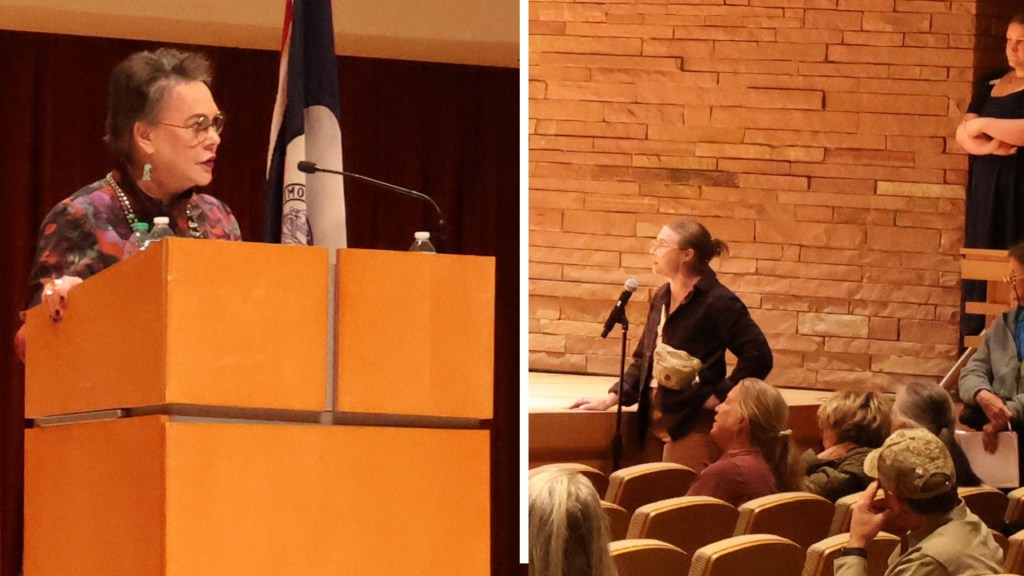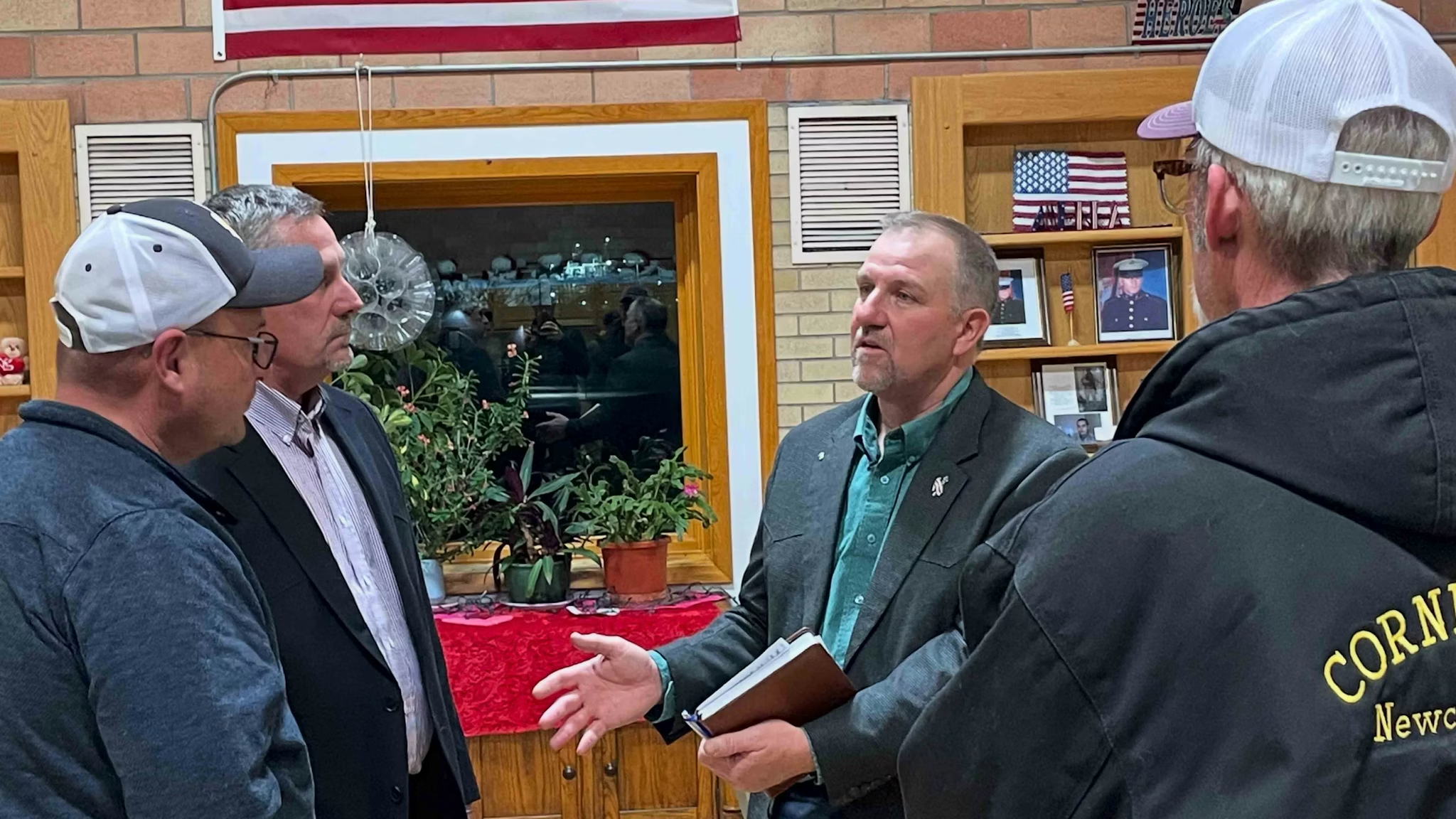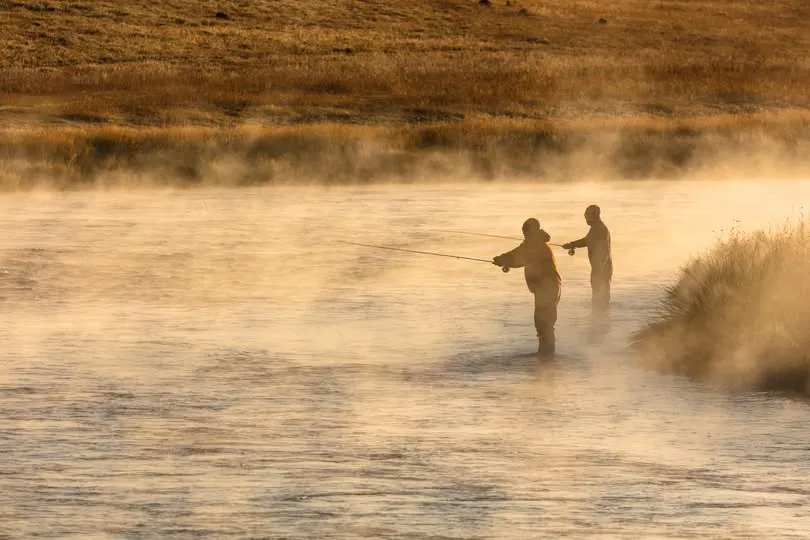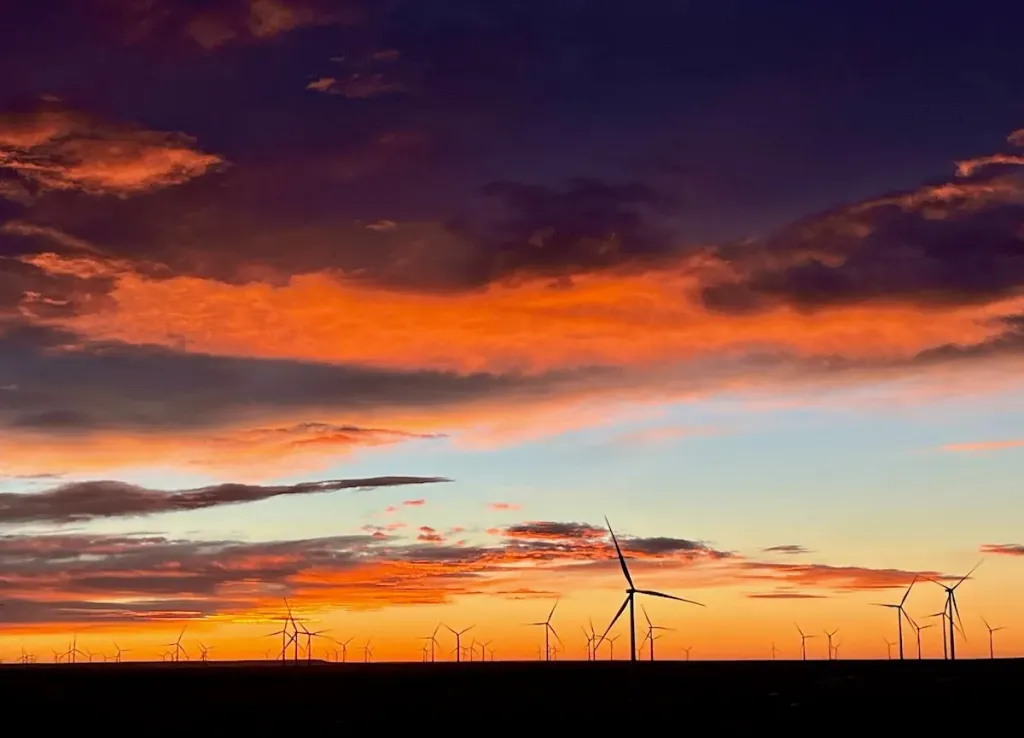The American whiskey industry is preparing for a potential economic squeeze as new tariffs threaten both supply chains and export markets.
The latest round of trade measures, initiated by President Donald Trump, is expected to raise the cost of imported materials while prompting retaliatory tariffs from international trading partners. These developments could have far-reaching consequences for distillers, farmers, and suppliers who rely on the global market.
Whiskey producers in the United States have already faced trade disruptions in recent years. The industry was previously targeted in international trade disputes, resulting in costly tariffs that reduced export sales. Now, distillers and suppliers worry that history may repeat itself as the European Union, Canada, and other key markets prepare to impose new retaliatory duties on American whiskey in response to US tariffs on steel, aluminum, and other goods.
For Kentucky grain farmer Ryan Bivens, who supplies corn to major whiskey producers, these developments add to existing economic pressures.
“We don’t want to see this going on for a long time—we can’t afford for it to,” said Bivens, a Republican state representative.
Already facing rising production costs due to inflation, he now fears that distilleries may scale back purchases if export demand declines.
The whiskey industry relies on a complex supply network, from farmers to barrel makers to equipment manufacturers. The potential fallout from new tariffs could impact multiple sectors:
Farmers: American whiskey is primarily made from corn, and declining production could reduce demand for domestic grain. Farmers like Bivens are already seeing additional challenges, such as China’s new tariffs on US soybeans.
Distillers: Major whiskey brands, including Jack Daniel’s, Jim Beam, and Woodford Reserve, depend on exports for a significant portion of sales. Higher tariffs could make American whiskey less competitive in international markets.
Barrel Makers: Whiskey must be aged in new American oak barrels, but tariffs on imported steel, used in barrel construction, could drive up costs. Brown-Forman, the maker of Jack Daniel’s, recently announced layoffs and is shutting down its barrel-making operation in Louisville.
Equipment Manufacturers: The potential for tariffs on copper could raise the cost of distillation equipment, impacting still makers like Vendome Copper & Brass Works, which imports copper from Germany.
Industry leaders have voiced concerns about the new trade measures, arguing that whiskey should be excluded from tariff disputes. Chris Swonger, president of the Distilled Spirits Council of the United States, called for the removal of all tariffs affecting the industry.
“We’re a very anxious industry right now because there is no reason for our industry to be implicated,” he said.
Kentucky officials have also weighed in, emphasizing the potential economic risks for the state, which produces 95% of the world’s bourbon. Senate Minority Leader Mitch McConnell, a Kentucky Republican, recently voted to reverse tariffs on Canada, warning that trade wars ultimately harm working Americans.
Governor Andy Beshear, a Democrat, has criticized the tariffs, arguing that they threaten Kentucky’s booming economy.
“Tariffs used surgically can be really important,” Beshear said, referring to targeted trade actions against unfair practices. “But these across-the-board tariffs are unwise and are not going to lead to the type of investments that the president is talking about.”
With input from Politico and the New York Times.










The latest news in your social feeds
Subscribe to our social media platforms to stay tuned